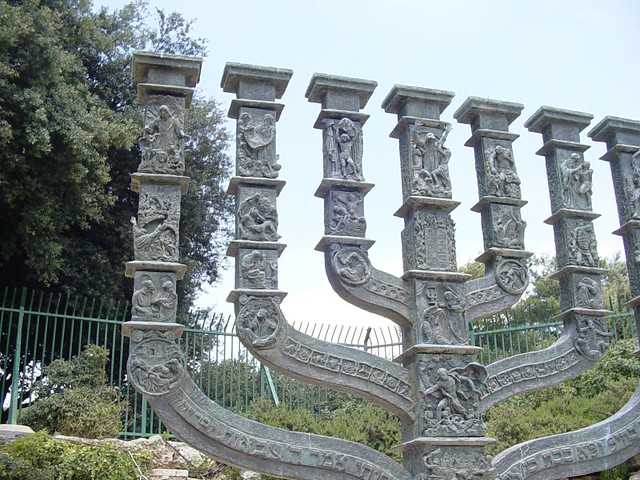Psalm 136
His faithful love endures forever.
I don’t know about you, but once again Thanksgiving seems to be upon us as a prerequisite observance preceding the rush of the Christmas holidays. Some would observe in political correctness, ‘the holiday season,’ which promoted for lights in darkness and gifts seemingly endures forever.

I have previously mentioned this hustle and bustle of black Friday having overtaken the archaic imagery of worshiping pilgrims. Yet each year’s commercial focus on a relatively minor Jewish holiday and formerly insignificant Christian observance grows more and more into a worship of our prosperity (for which we give thanks).
Christianity.com
Puritans forbade Christmas, considering it too pagan. Governor Bradford actually threatened New Englanders with work, jail or fines if they were caught observing Christmas.
Perhaps our 17th century Puritan forefathers, who celebrated on this uniquely American Thanksgiving holiday, weren’t so far from the truth of this holiday season. For these brief days provide little rest and even less thanks.
Thanks giving in two Psalms
Set aside your devices and distractions for a moment as you gather together with family and you will see much bounty, a recurring theme for America and also Israel of the Psalms and Scripture.
Who will you thank?
Your host and hostess? Sure. Or maybe family who have made this gathering possible? Perhaps. Yet the thanks giving of those faithful to the Lord is always to God.
No book better expresses our worship, our praises, and singing with joy to the LORD than Psalms, which is the hymnal of Jewish and Christian worship.
One simple form of praising God for the worshipers is to simply repeat a single phrase, when the worship leader praises the LORD. One example of several with thanksgiving of the worshipers for God is Psalm 136.
You could give thanksgiving to God right now simply by repeating your response out loud after reading every praise of the Psalm [linked below].
Psalm 136
Give thanks to the Lord, for he is good. [136:1 הֹודוּ לַיהוָה כִּי־טֹוב כִּי לְעֹולָם חַסְדֹּֽו׃]
His faithful love endures forever. OR
For His mercy endures forever. OR
For His lovingkindness is everlasting.
Different translations all reinforce God’s love in our response of worship to the LORD. The Psalmist praises God in many ways:
v.4 He alone does great wonders.
v.7 He made the great lights
v.23 He remembered us in our humiliation
25 Who giveth food to all flesh:
for his mercy endureth for ever.
26 O give thanks unto the God of heaven:
for his mercy endureth for ever.
King James Version (KJV)
This is giving thanks as the Pilgrims of America’s founding would have given to God – not only on this holiday, but also in other worship.
Thanks is often a theme of worship, therefore thanking God is the first fruits of harvest for believers of all faiths who landed in this new world.
Yet we have forgotten the lessons of the Lord — He who has preserved us for bounty and blessings of a new land.
Are we so unlike those who worshiped the Lord before, yet then neglected to thank their Provider?
Psalm 95

Worship
1 Come, let us shout joyfully to the Lord,
shout triumphantly to the rock of our salvation!
2 Let us enter his presence with thanksgiving;
Psalm 95 CSB
let us shout triumphantly to him in song.
3 For the Lord is a great God,
a great King above all gods.
If the LORD is God, then as worshipers giving God thanks, what must we do?
Hear this caution from the Psalm, that we might not give our thanks lightly, forgetting the worship of Almighty God our Creator.
6 Come, let us worship and bow down;
let us kneel before the Lord our Maker.
7 For he is our God,
and we are the people of his pasture,
the sheep under his care.
The Psalmist then reminds worshipers of those who had previously turned from the Lord.
Warning
Today, if you hear his voice:
Psalm 95, referring to exodus 17:17
8 Do not harden your hearts as at Meribah,
as on that day at Massah in the wilderness
9 where your fathers tested me;
they tried me, though they had seen what I did.

Meribah מְרִיבָה means testing and is the place where the Hebrews escaping Egypt tested the Lord, rather than giving thanks to the Lord. And Massah מַסָּה means quarreling, the politics of an ungrateful saved people in the wilderness.
The Lord saved many who had fled to the New World from persecution and death in the seventeenth century. The Pilgrims and others gave God thanks for this. Yet the Psalmist reminds worshipers to not harden our hearts.

Those escaping to a new land had far to go and much to learn of community, about authority and of thankfulness. Because of their testing and quarreling, the promise of the Lord would not be fulfilled in their generation.
Therefore let us heed these cautions of the Psalmist in our attitude of thanks to the Lord. Even today, if you hear His voice, do not harden your hearts.
10 For forty years I was disgusted with that generation;
I said, “They are a people whose hearts go astray;
they do not know my ways.”
11 So I swore in my anger,
“They will not enter my rest.”
Would you enter the eternal rest of the Lord? Do you thank the Lord this day?
We will have more to say of this rest in our Lord after this holiday of Thanks giving.

Leave a Reply